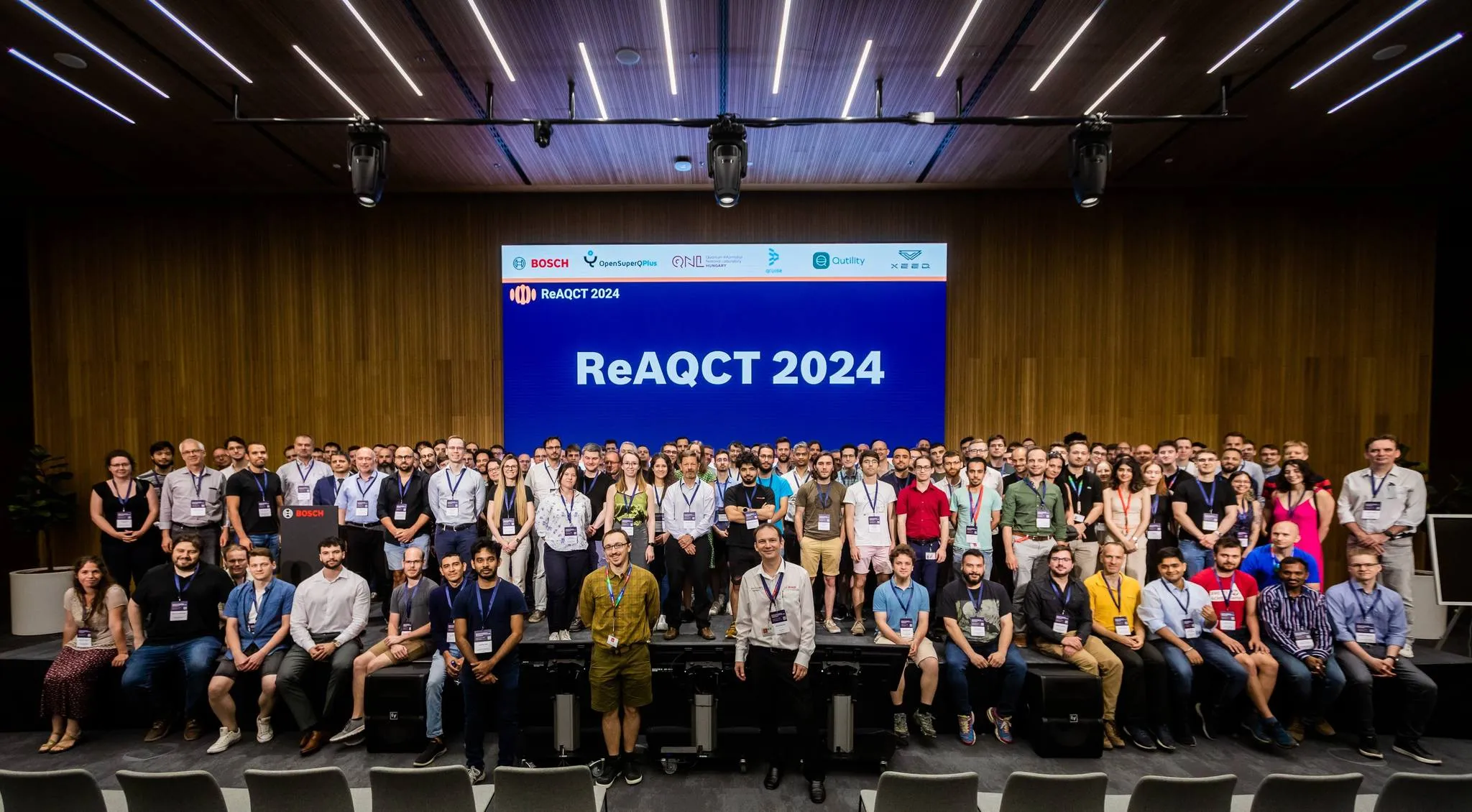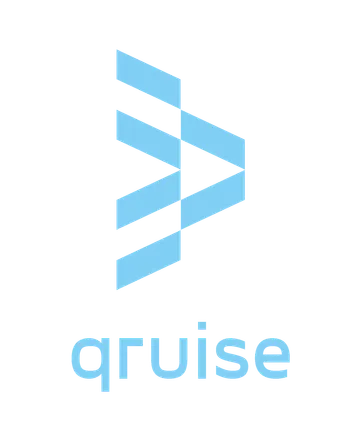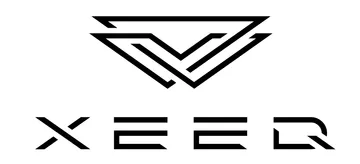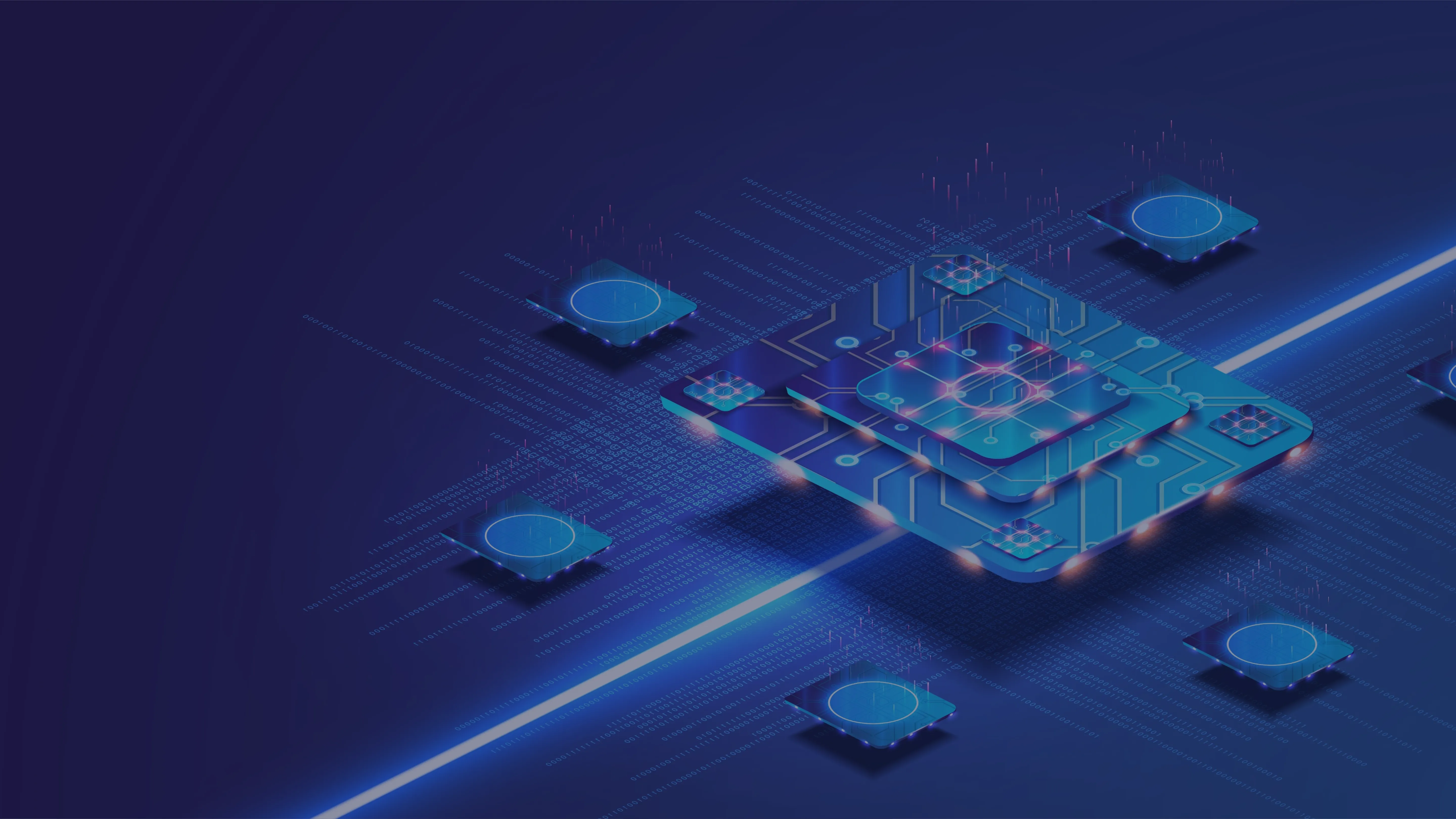
Recent advances in quantum computing and technology
June 19-20 | 2024
Budapest, Hungary
Bosch Budapest Innovation Campus

WELCOME TO ReAQCT 2024
Recent Advances in Quantum Computing and Technology (ReAQCT) is the first in a new series of scientific conferences with the aim to bring together scientists and industry experts working in the field of quantum computing and quantum technology.
Scope of the conference
ReAQCT 2024 will focus on the following five main topics of quantum computing and technology. Additional topics may be included if a sufficient number of high-quality presentations are submitted.
Quantum Algorithms & Information
Quantum Error Correction
Quantum Software Engineering
HPC & Quantum Computing
Quantum Sensing
Scientific
Each topic will feature one keynote or invited speaker, along with a contributed session consisting of 4-8 talks as well as opportunities for poster presentations for the scientific community to present and discuss their latest results. Contributions can also be published in the peer-reviewed proceedings of the conference.
Industry
Industry participants are also invited to present their most recent technical achievements and provide updates on the current status and future plans for the industrialisation of quantum technologies. Both the industrial research and vendor communities are welcome to attend with the possibility to set up exhibition booths.
Tutorial
In addition to the scientific program, tutorial sessions will be organised to assist those who are newcomers to the field with a generic scientific or technical background. These sessions will help them get started in certain specific domains of quantum computing (e.g., the basics of quantum information, or the qiskit toolkit for quantum computing, etc.).
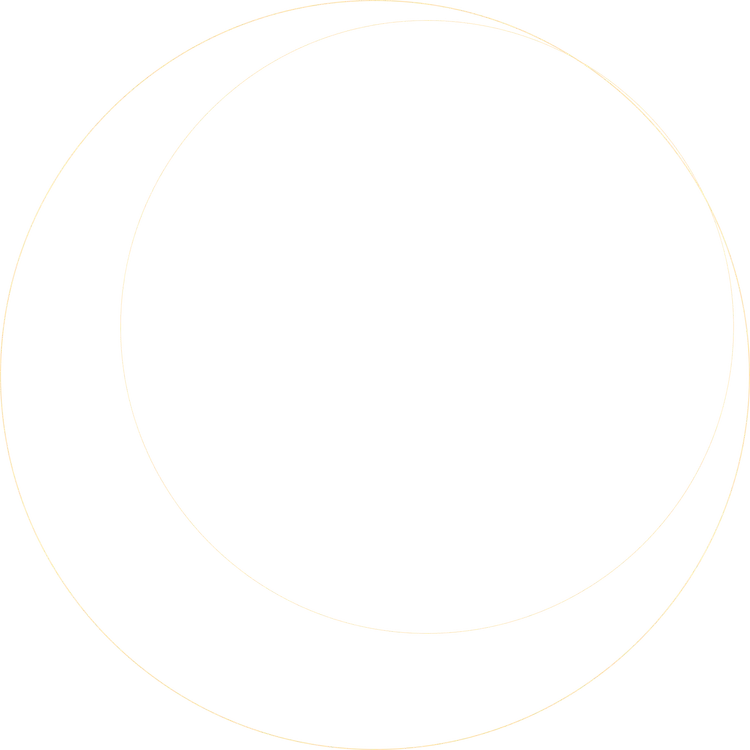
Keynote speakers
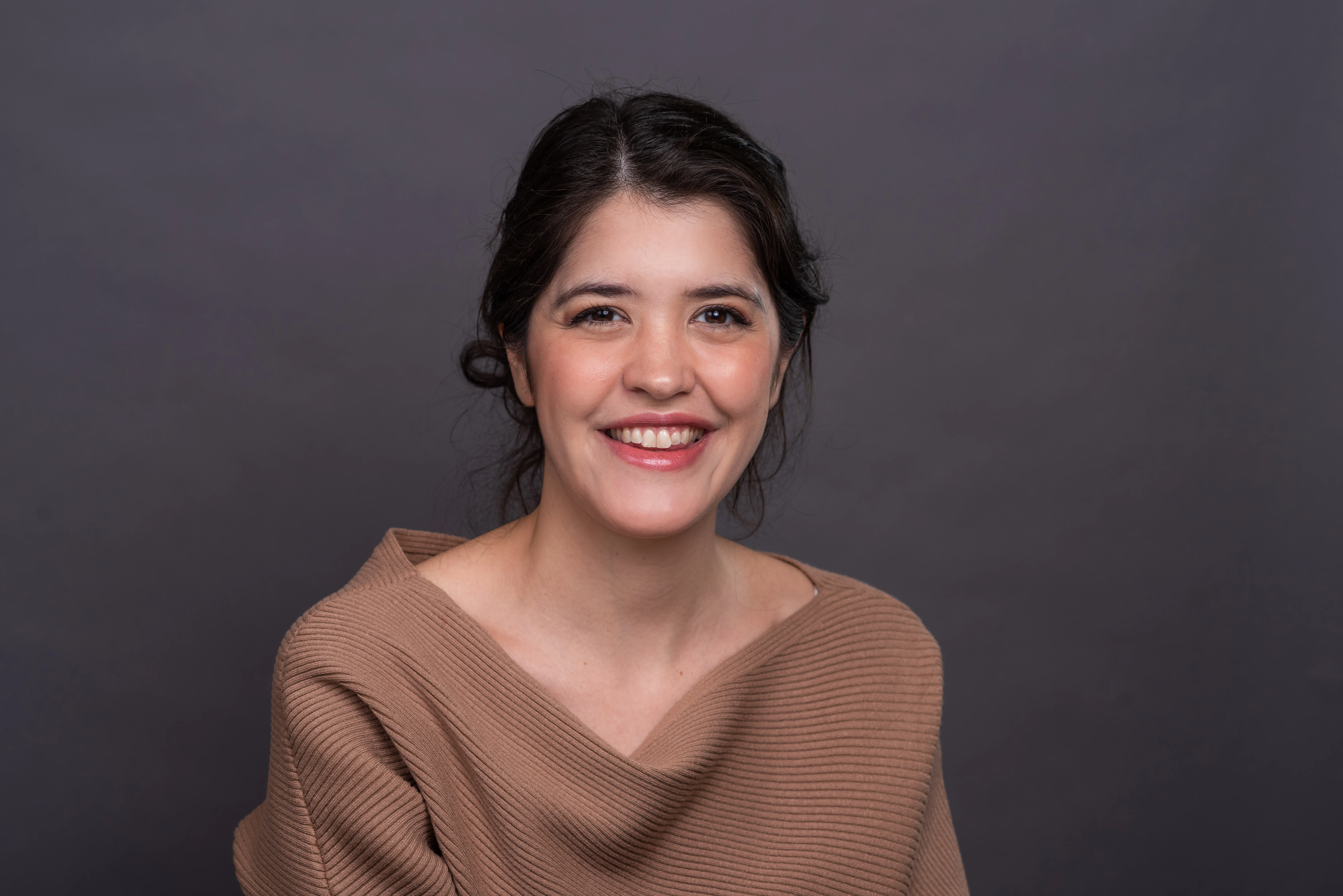
Natalia Ares
University of Oxford
Natalia Ares is an Associate Professor at University of Oxford. She works on experiments aimed to advance quantum technologies, with a focus on artificial intelligence for quantum device control and quantum thermodynamics. During her PhD, she focused on the development of spin qubit devices for quantum computing at CEA Grenoble, France. She completed her undergraduate studies in physics and a master equivalent in the theory of quantum chaos at University of Buenos Aires, Argentina.
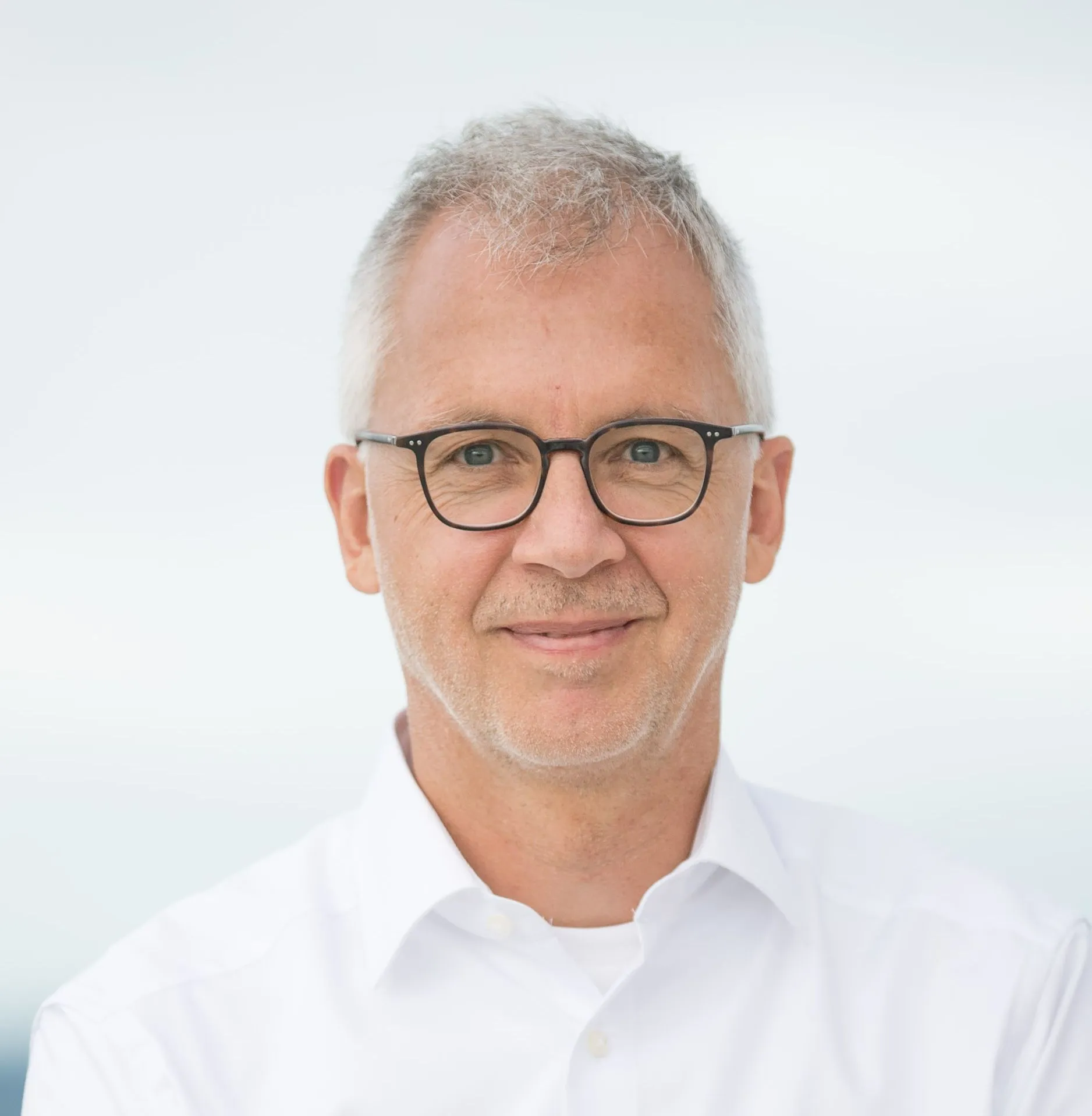
Thomas Strohm
Robert Bosch GmbH
Dr. Thomas Strohm received his PhD in 1999 at the MPI for Solid State Research in Stuttgart where he did theoretical work on high-temperature superconductors. Thomas then joined the Corporate Research division of Robert Bosch GmbH and worked for more than 10 years in software engineering research and as a system and software architect. In 2013, he started building up the research activities on quantum technologies at Bosch. Currently, Thomas is Chief Expert for Quantum Technologies at Bosch. Thomas until recently contributed to two EU-funded projects, the Quantum Flagship's Coordination and Support Action QFlag and QRANGE, a project for quantum random number generators. In 2020, he was a key person in establishing the European Quantum Industry Consortium (QuIC), where he acts as a vice president and work group leader and also represents QuIC in the Strategic Advisory Board of the Quantum Flagship. Thomas is also part of the steering committee of the German Quantum Technology and Applications Consortium (QUTAC).
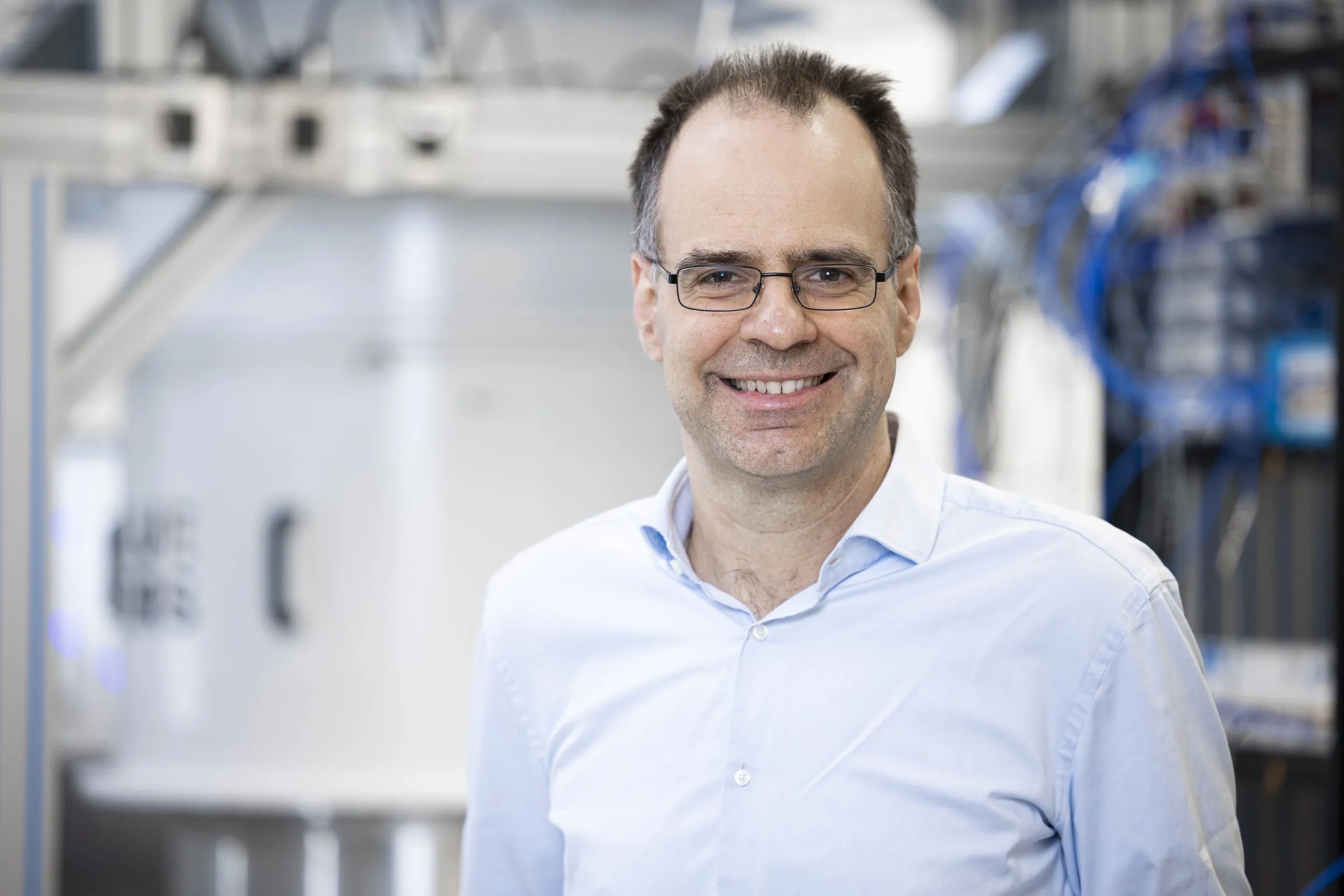
Frank Wilhelm-Mauch
Forschungszentrum Jülich
Frank Wilhelm-Mauch is the director of Quantum Computational Analytics at Forschungszentrum Jülich, professor of theoretical physics at Saarland University, and the coordinator of the OpenSuperQPlus project within the European Quantum Technology Flagship. After obtaining his PhD in theoretical solid-state physics from the University of Karlsruhe (now KIT), he began to research on quantum computers in 1999 as a postdoctoral researcher at Delft University of Technology in the Netherlands. He completed his habilitation at Ludwig-Maximilians-Universität in Munich in 2004. He was an associate professor at the University of Waterloo, Canada, from 2006. In 2011, he returned to Germany to a professorship in theoretical physics at Saarland University, and in 2020 he became the Founding Director of the Institute for Quantum Computational Analytics at the Research Institute Jülich. His field of work is the theory and modeling of quantum computers with superconducting circuits at different levels between devices and applications.
Invited speakers
Adam Gali
HUN-REN Wigner Research Centre for Physics
Matteo Rossi
Algorithmiq
James Wootton
IBM Research Zurich
Anton Frisk Kockum
Chalmers University of Technology
Bálint Koczor
University of Oxford
Szabolcs Csonka
Budapest University of Technology and Economics
Location
The conference will be hosted by Robert Bosch Kft. at the newly inaugurated Bosch Budapest Innovation Campus, which offers an ideal conference venue.
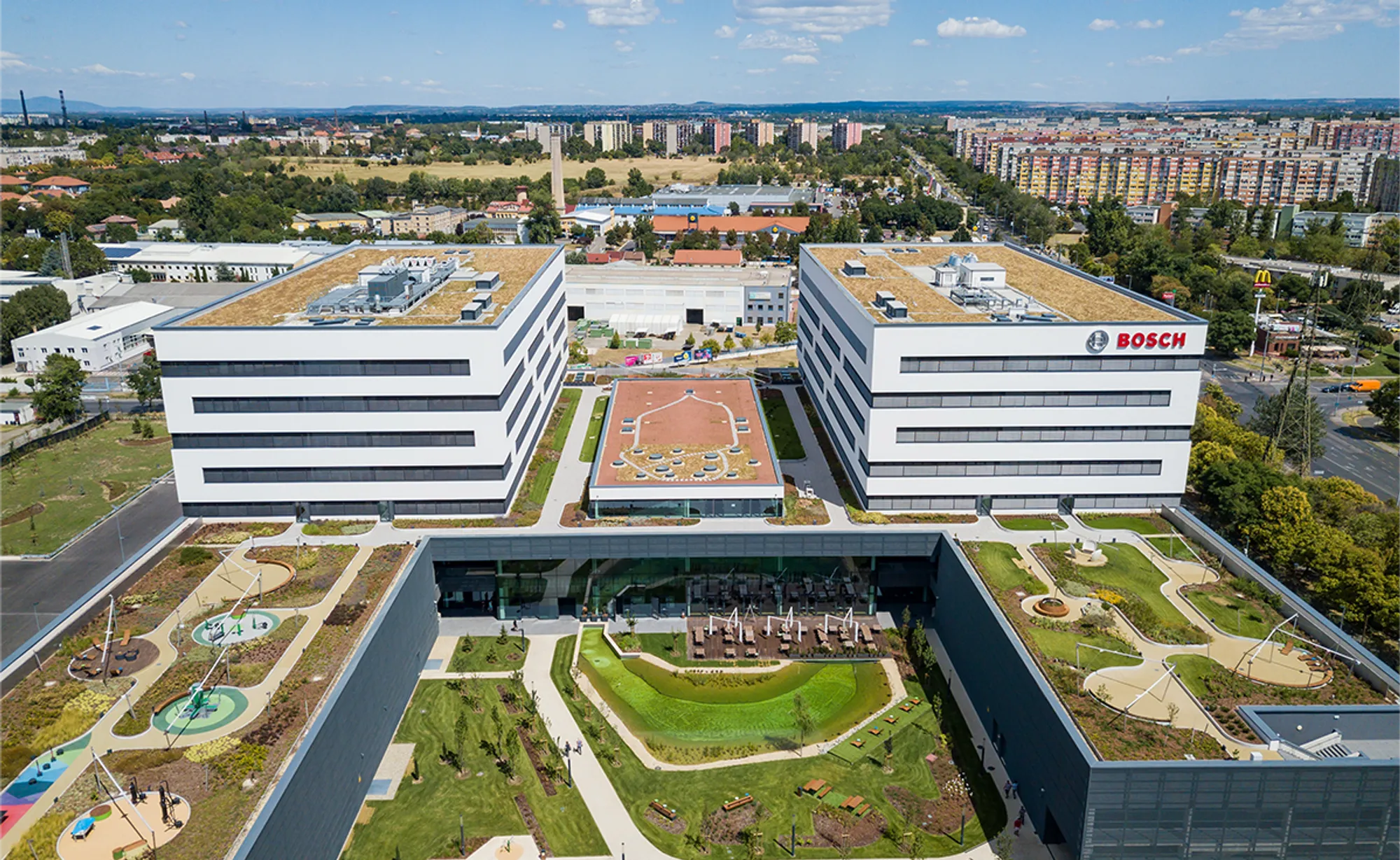
Organisers
The event is organised in collaboration with Eötvös Loránd University (ELTE), Budapest University of Technology and Economics (BME), Óbuda University, HUN-REN Wigner Research Centre for Physics and HUN-REN Institute for Computer Science and Control (SZTAKI).
